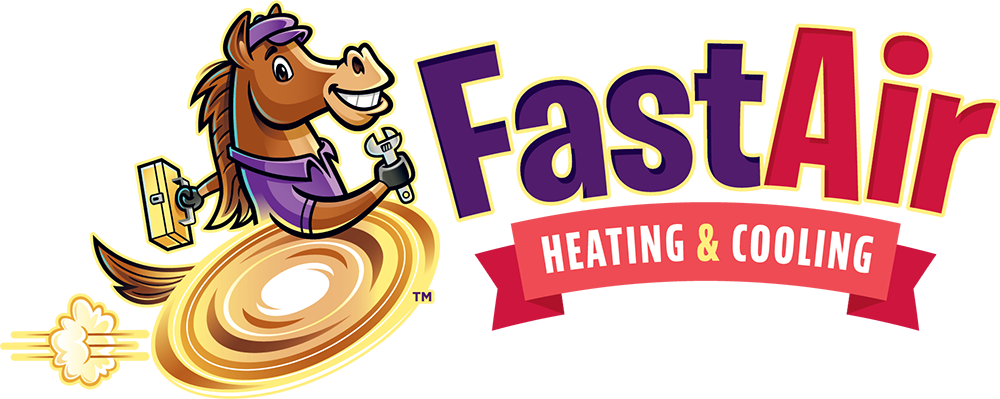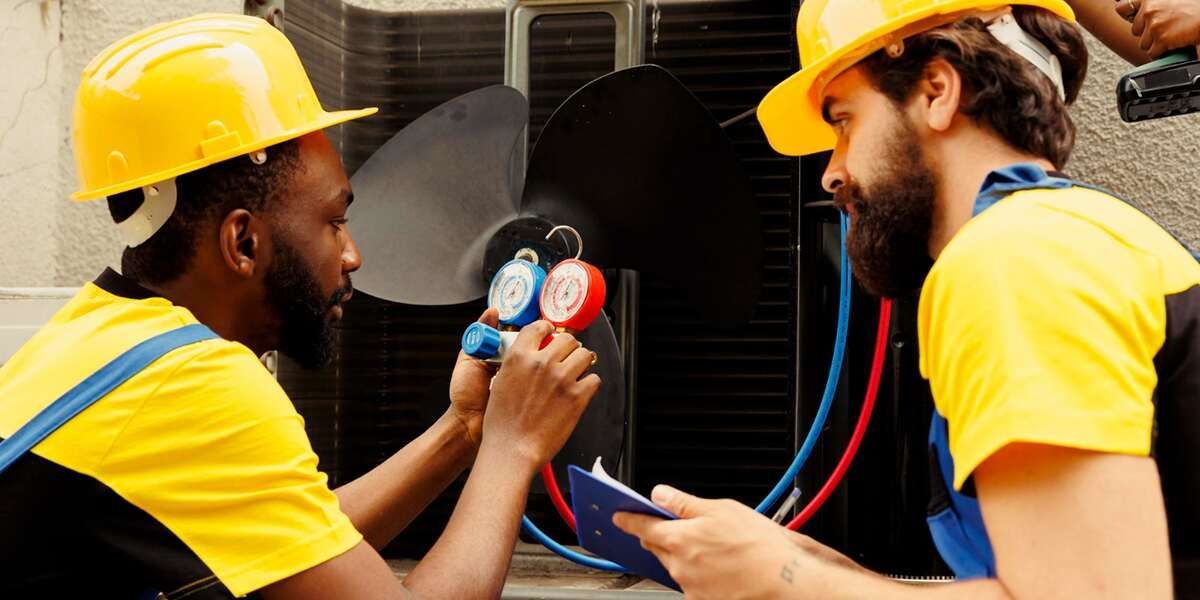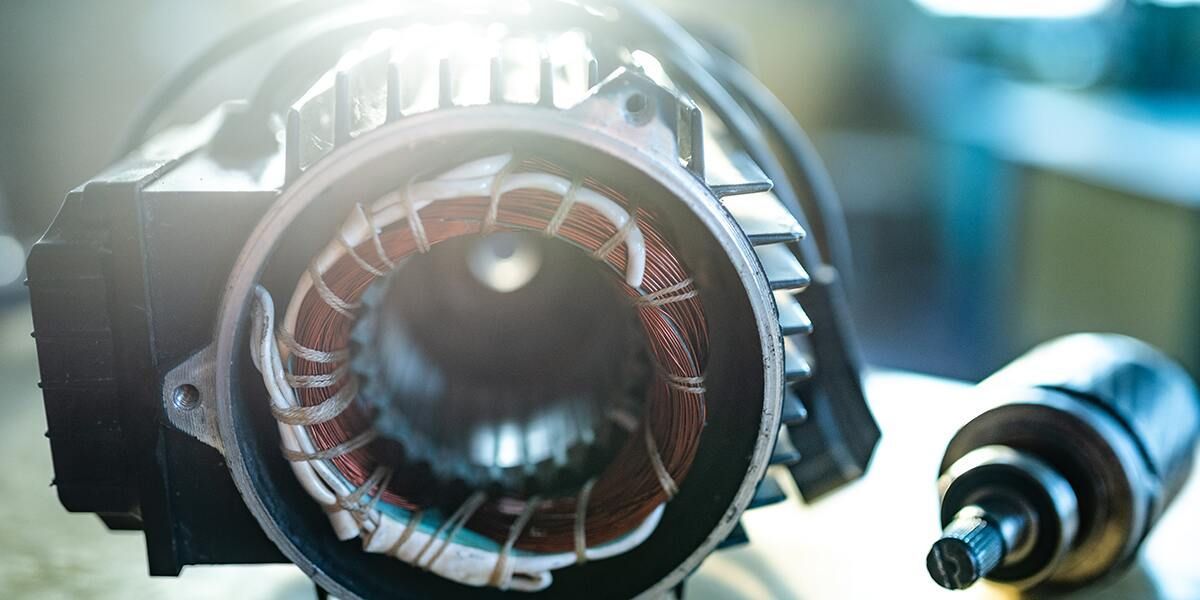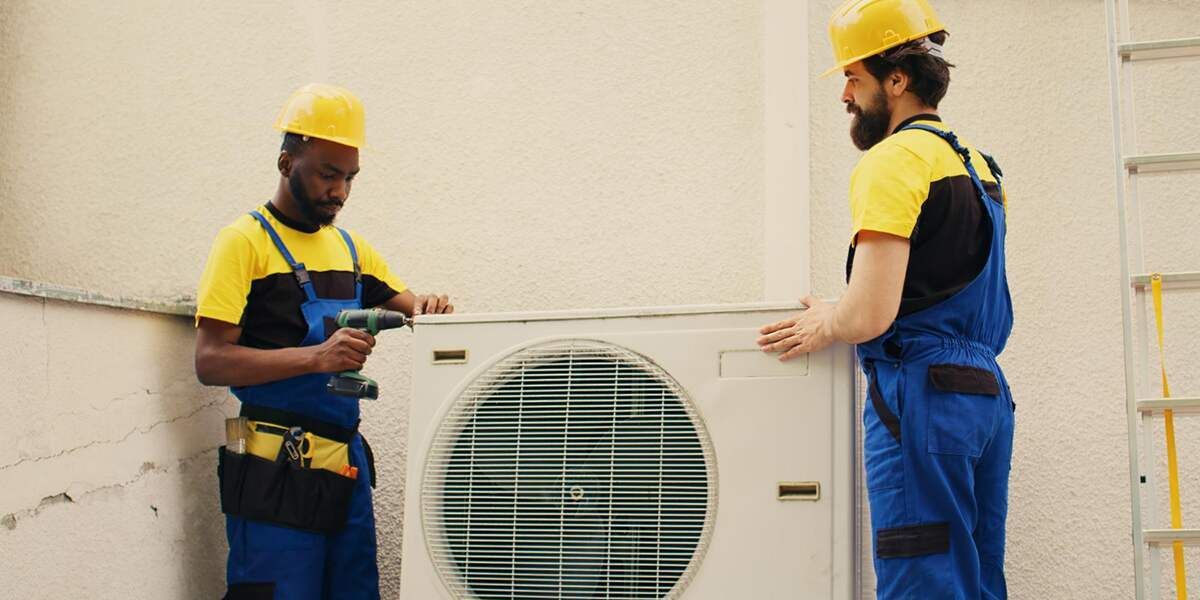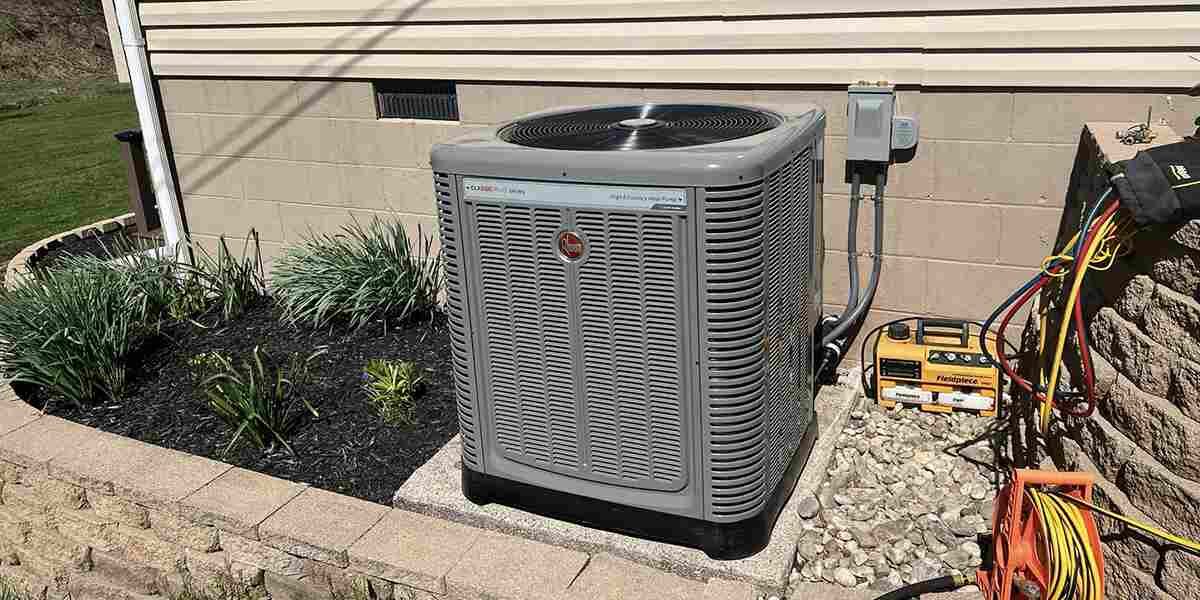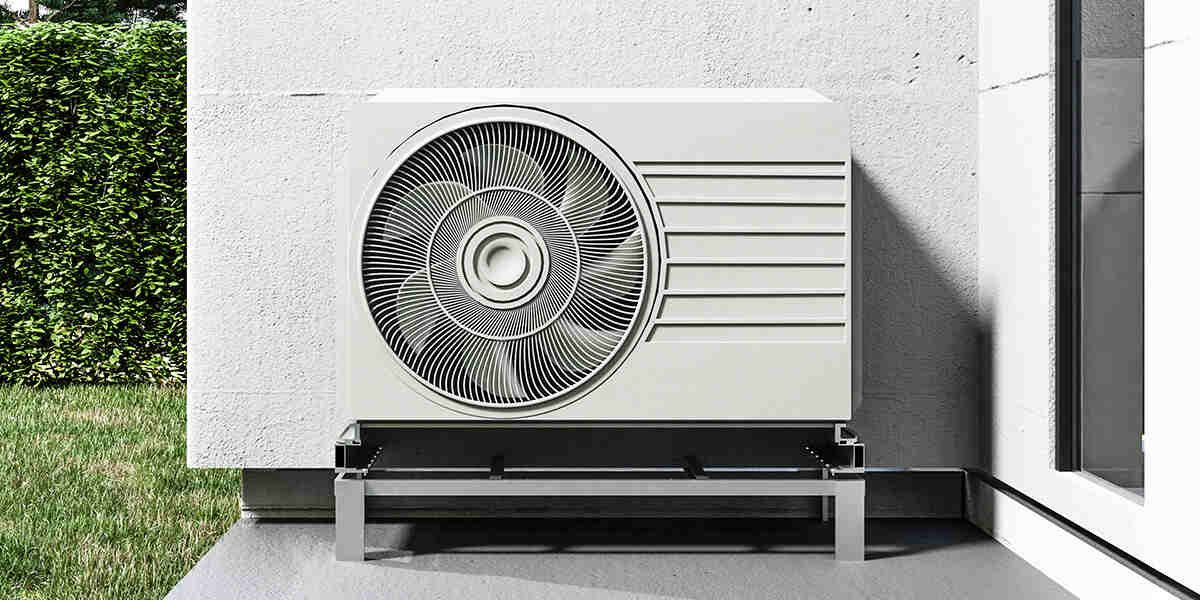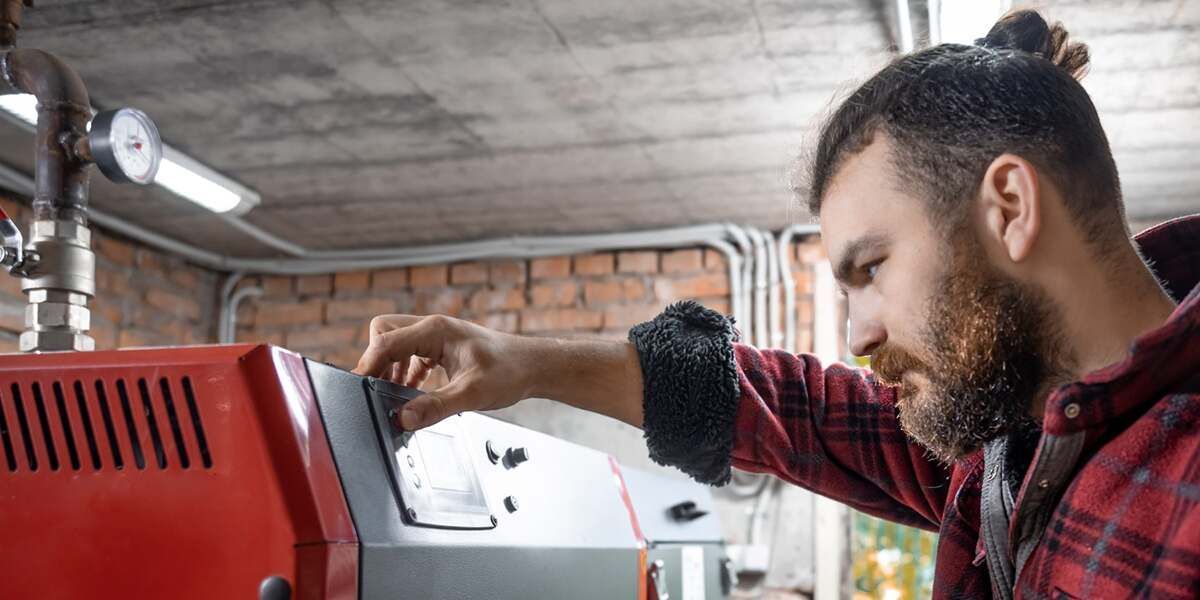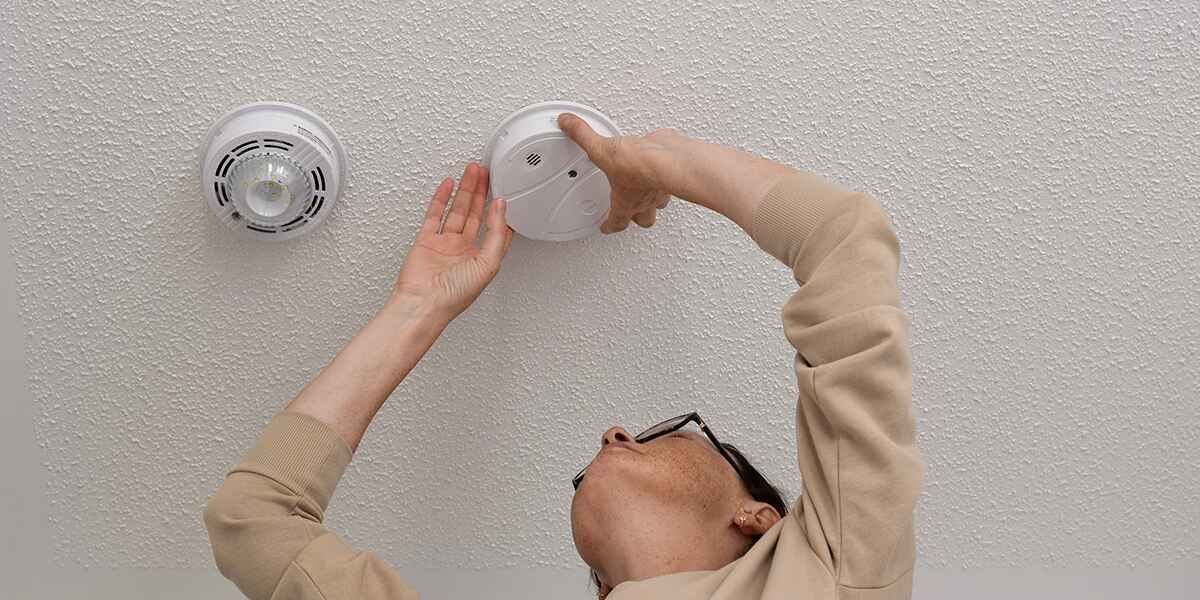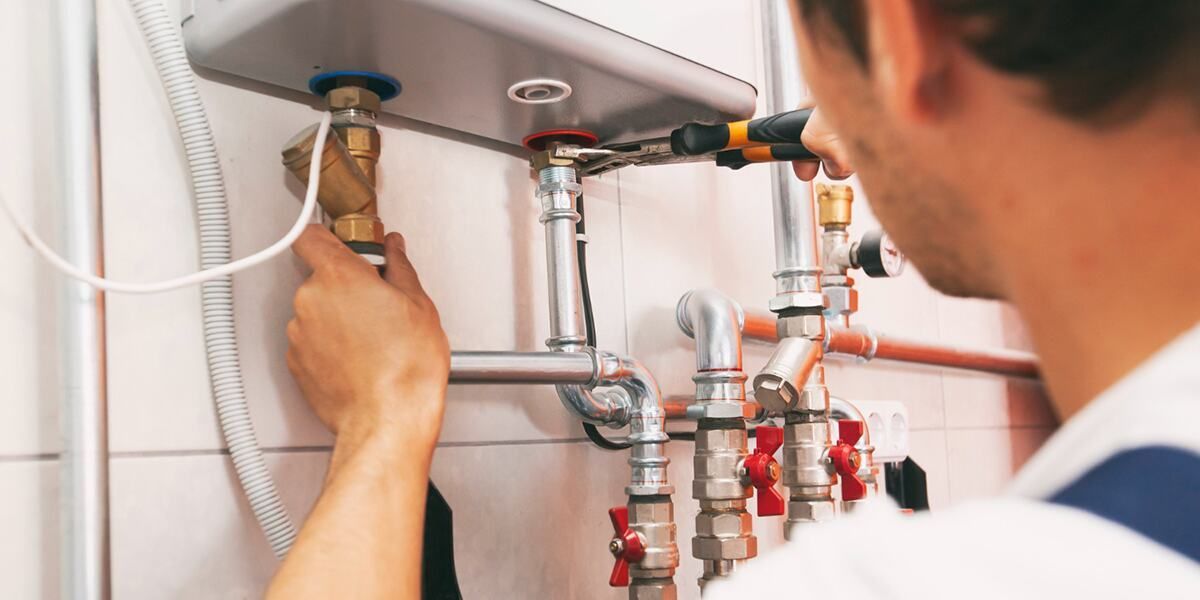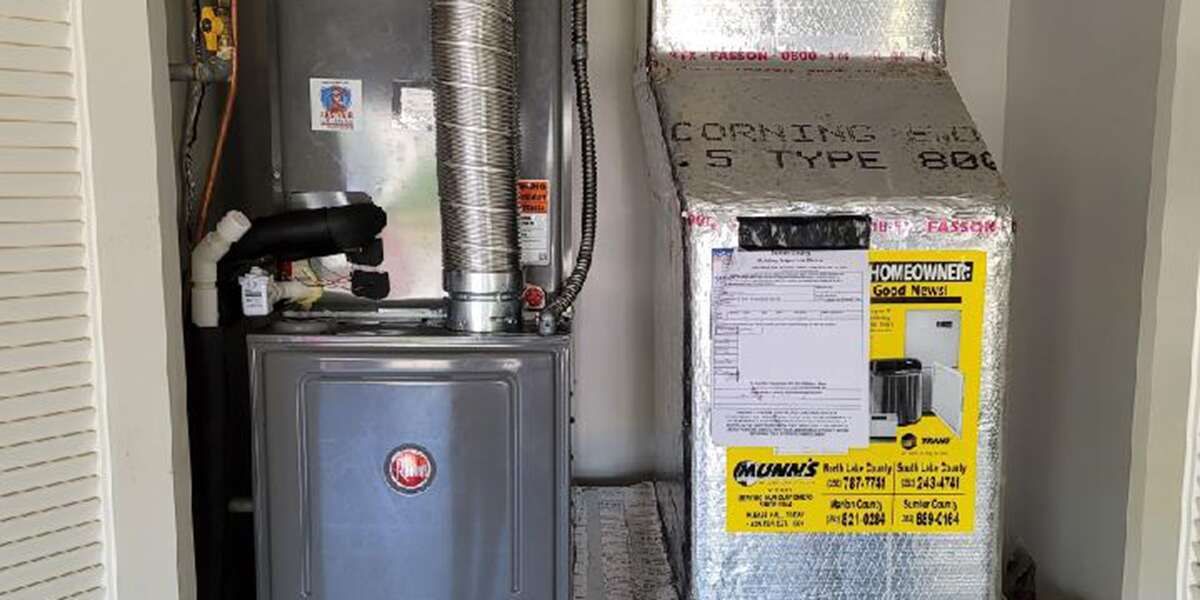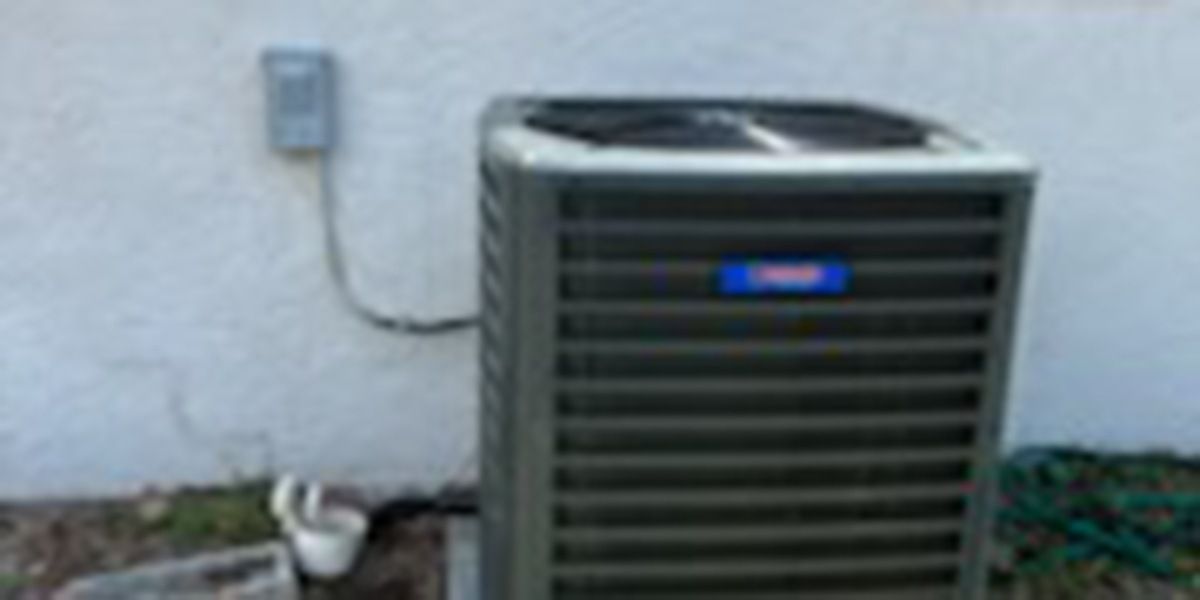EMERGENCY SERVICE AVAILABLE
Should You Use Air Conditioner When Air Quality Is Bad?
Running your air conditioner may seem like a no-brainer during the sweltering summer months. But what happens when the outdoor air quality is poor due to pollution and smoky atmospheres? Should you use an air conditioner when air quality is bad?
The team at Fast Air Repair, the most trusted HVAC repair experts in Ocala, FL, is here to explain what you should do. Discover the safest HVAC habits you should form when the air quality is poor. This guide reveals everything you should know about using your cooling system when the air quality is less than ideal.
Causes of Poor Air Quality
How can you tell when the outdoor air quality is bad? There will likely be a haze over your home, making the blue sky hard to see. In addition, there may be a noticeable smell when you step outside or you have difficulty breathing.
Respiratory problems due to poor air quality can be especially dangerous for vulnerable groups, including young children, the elderly, and those with pre-existing conditions like asthma. What causes this issue exactly? The following culprits tend to result in bad air quality.
Natural Disasters
Intense wildfires tend to spark during the summer and cover acres of land before they're contained. As the fires continue to burn, smoke fills the atmosphere. Lack of wind causes the smoke to remain in place and impacts the air quality of anyone living in the area.
Environmental Pollution
A steady amount of pollution fills the air every day as we drive gas cars and operate machines that use fossil fuels. Hundreds of cars hitting the road in one area emit exhaust fumes that rise into the area and create smog. The air quality often improves when there are limited sources of pollution in the area.
Should You Use an Air Conditioner When Air Quality Is Bad?
Some people are hesitant to run their HVAC systems during periods of poor air quality. They may think the air from outside can enter their home by running the air conditioner. However, it is usually safe to run your air conditioner when the air quality is bad.
Central air conditioning systems circulate the air inside your home. These systems repeat the following steps until the indoor temperature matches your thermostat settings:
- Indoor air goes through an evaporator coil.
- The evaporator coil contains a liquid refrigerant that cools down the hot air and then evaporates into a gas.
- A compressor pump pushes the refrigerant to an outdoor condenser coil.
- Inside the condenser coil, the refrigerant gas becomes a liquid again and heat is transferred outside.
- The liquid refrigerant travels back to the evaporator coil through an expansion valve for the process to start all over again.
If you have a centralized cooling system, you can safely and effectively cool your home even when the air quality is bad. Window air conditioning units, on the other hand, operate differently. They pull air from the outside, cool it, and then distribute it into your home.
These units don't use the strongest filter that captures dangerous contaminants, such as the airborne toxins in wildfire smoke. You may end up ingesting some of these contaminants if you run your window unit when the outdoor air quality is bad. Thankfully, there are ways that you can prevent this problem and ensure you're breathing clean, healthy air.
How to Maintain Good Indoor Air Quality
You no longer have to wonder, "Should you use an air conditioner when the air quality is bad?" but not all cooling systems are equal. You may need to take a few extra steps to guarantee that the air that circulates your home is safe.
For example, window air conditioners pull air directly from the outside and may let certain contaminants enter your home. Even central air conditioning systems may compromise your indoor air quality if you don't take the proper precautions. Discover some simple ways that you can improve the air you breathe, even when the outside air contains heavy amounts of pollution.
Use an Air Purifier
Although it's generally safe to run air conditioners when the outdoor air quality is bad, an air purifier will give you peace of mind. Air purifying systems eliminate harmful bacteria, allergens, and contaminants from your indoor space. Running a purifier in conjunction with your air conditioner can keep you cool without putting you at risk for respiratory issues.
Room air purifiers are available to remove contaminants from a particular space. You may also consider investing in a whole-house purifying system for the best results.
Change Your Filter Frequently
Bad air quality means there's a greater chance of harmful pollutants circulating in your HVAC system. As a result, you may need to replace your air filter sooner than usual. Invest in high-quality HEPA filters that will trap a majority of particles from entering your vents. Keep an eye on your filter and replace it when it is encased in dirt and dust.
Adjust Air Conditioner Settings
If you use window air conditioning units throughout your home, you want to avoid letting dangerous air particles seep into every room. You can invest in an air purifier and tightly seal the unit so outside air doesn't flow in. Another option is to set every unit to recirculation mode.
This allows the cool air already inside your home to circulate instead of generating cool air from the outside. Setting your window units to this mode is a good way to limit the exposure your home has to polluted air without compromising your comfort. Experts recommend households with window units take advantage of this setting, especially if any occupants are vulnerable to respiratory issues.
Avoid Adding Pollutants and Allergens to the Air
Why should you use the air conditioner when air quality is bad if it can potentially bring contaminants into your home? Taking the proper precautions with air purifiers and HVAC filters can keep you safe from harm. Be mindful of certain activities that can impact your indoor air quality.
Smoking, using a gas stove, and burning candles can further pollute the air inside your home. Even vacuuming the floors can kick up dust and allergens you may breathe in. Resume these activities only when the outdoor air quality is safe and you can ventilate your home.
Don't Forget to Monitor Indoor Air Quality
It's not just the outdoor air quality that you should worry about. Make sure that you're paying attention to your indoor air quality and taking proactive measures to keep yourself safe. Keep an eye out for the following signs that your air quality is subpar:
- The air feels stuffy or uncomfortable
- The humidity level is higher than normal
- You smell mold or mildew odors
- You experience allergy-like symptoms
Reach out to an HVAC contractor at the first sign of poor indoor air quality. They can determine if the problem lies with your air conditioner or ductwork and perform swift repairs if necessary.
Contact Fast Air Repair for Long-Lasting HVAC Solutions
Should you use the air conditioner when air quality is bad? How can you stop an air conditioner from blowing fuses? Don't risk damage to your HVAC system; instead, call the experts at Fast Air Repair. We can answer all of your questions and inspect your cooling system for problems.
Our dedicated team is available 24 hours a day and ready to respond in an emergency. Contact Fast Air Repair at
(352) 290-7968 to request immediate service for your heating or cooling system.
Contact us for Service
Footer - Website Lead
We will get back to you as soon as possible.
Please try again later.
For emergency service, to get a free quote, or if you have questions or special requests, just drop us a line. We Look forward to serving you!
Hours Of Operation
- Mon - Sun
- Open 24 Hours
Emergency Service Available
All Rights Reserved | Fast Air Repair

